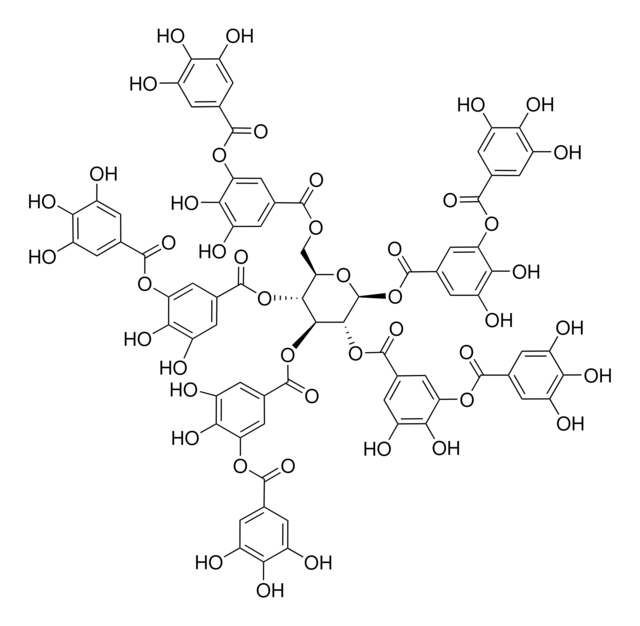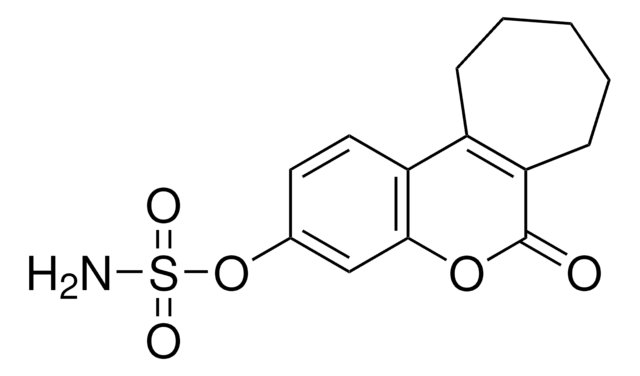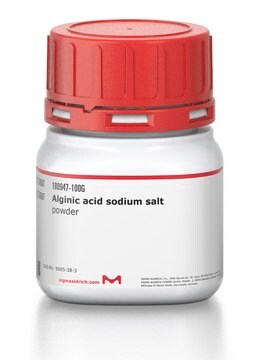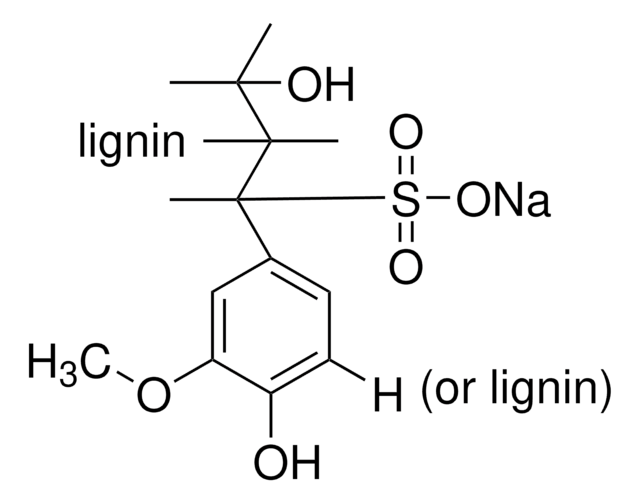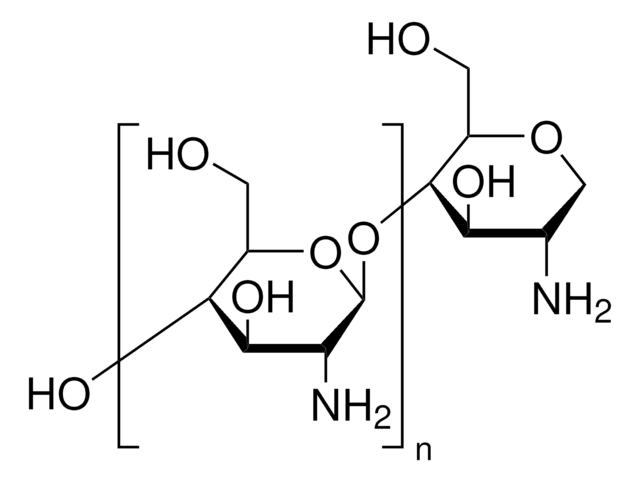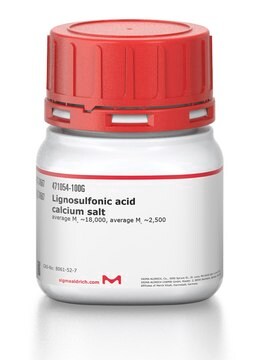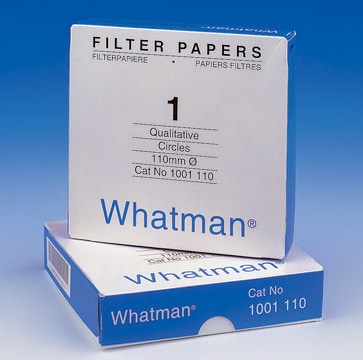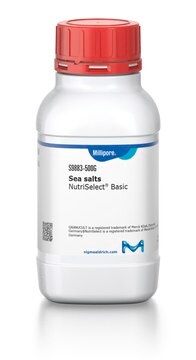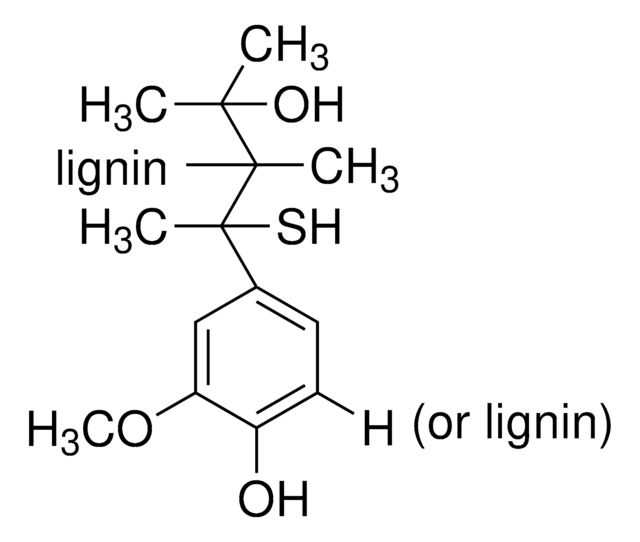H16752
Humic acid sodium salt
technical grade
Synonym(s):
Humic acid Na salts, Sodium humates, Sodium salts humic acids
Sign Into View Organizational & Contract Pricing
All Photos(1)
About This Item
Recommended Products
Looking for similar products? Visit Product Comparison Guide
General description
Humic acid possess excellent complexing ability with heavy metal. Humic acid sodium salt acts as a proxy for humic-like substances that were identified as a major component of the isolated organic matter in the atmospheric aerosol.
Humic acid sodium salt, also known as sodium humate is used to synthesize superabsorbents.
Humic acid sodium salt, also known as sodium humate is used to synthesize superabsorbents.
Application
Humic acid sodium salt is suitable reagent used to study the hygroscopic growth of solid aerosol particles consisting of mixtures of ammonium sulfate, adipic acid and humic acid mixtures. It is suitable reagent used to study the phase transitions and hygroscopic growth of humic acid aerosols by Fourier transform infra-red (FTIR) spectroscopy and tandem differential mobility analysis (TDMA).
Storage Class Code
13 - Non Combustible Solids
WGK
WGK 3
Flash Point(F)
Not applicable
Flash Point(C)
Not applicable
Personal Protective Equipment
dust mask type N95 (US), Eyeshields, Gloves
Choose from one of the most recent versions:
Already Own This Product?
Find documentation for the products that you have recently purchased in the Document Library.
Customers Also Viewed
Tangui Léziart et al.
Environmental technology, 40(13), 1734-1743 (2019-02-20)
Chlorine is globally the most widely used chemical for water disinfection. Whereas disinfection efficiency is well known to depend on water pH and temperature, the effect of turbidity is less well studied. Although turbidity is measured online in most drinking
Yi Wang et al.
Environmental toxicology and chemistry, 34(7), 1588-1596 (2015-03-17)
Engineered nanoparticles (NPs) and natural organic matter (NOM) in the environment may interact with background contaminants such as heavy metals and modify their bioavailability and toxicity. In the present study, the combined influences of 2 common NPs (TiO2 and CeO2
V Kuokkanen et al.
Water research, 79, 79-87 (2015-05-15)
Electrocoagulation (EC) treatment of 100 mg/L synthetic wastewater (SWW) containing humic acids was optimized (achieving 90% CODMn and 80% DOC removal efficiencies), after which real peat bog drainage waters (PBDWs) from three northern Finnish peat bogs were also treated. High pollutant
G Yamin et al.
Journal of fish diseases, 40(12), 1783-1790 (2017-05-12)
When challenged with atypical Aeromonas salmonicida subsp. salmonicida, exposure of the common carp (Cyprinus carpio L.) to different humic-rich compounds resulted in a significant reduction in infection rates. Specifically, in fish exposed to (i) humic-rich water and sludge from a
Phase transitions and hygroscopic growth of aerosol particles containing humic acid and mixtures of humic acid and ammonium sulphate.
Badger CL, et al.
Atmospheric Chemistry and Physics, 6(3), 755-768 (2006)
Our team of scientists has experience in all areas of research including Life Science, Material Science, Chemical Synthesis, Chromatography, Analytical and many others.
Contact Technical Service
